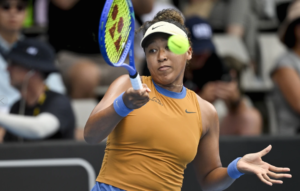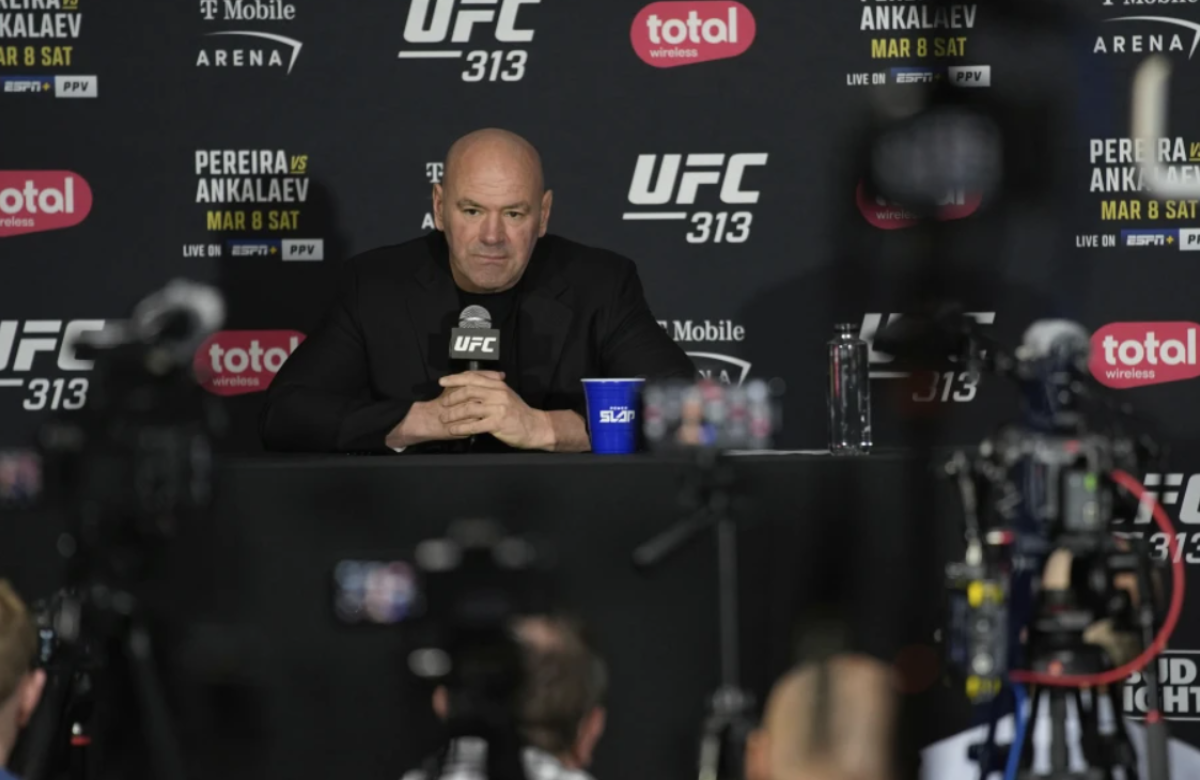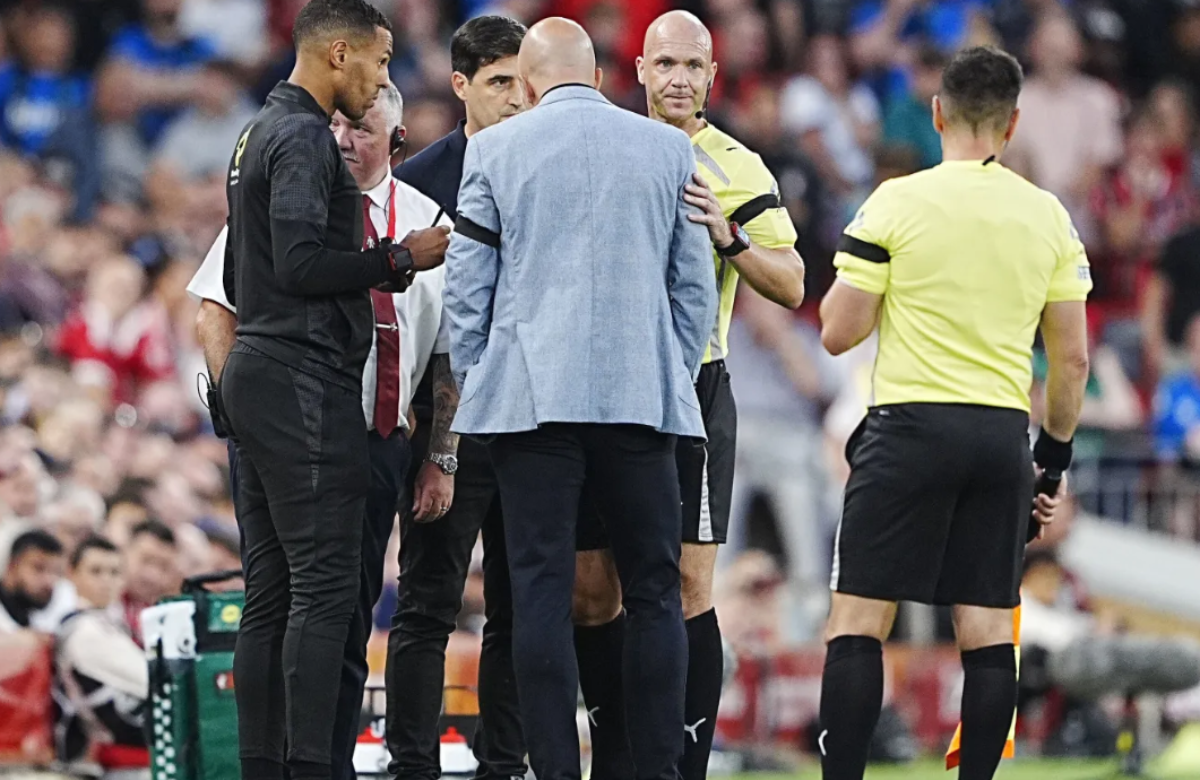A recent incident in the chess community has raised eyebrows as Romanian grandmaster Kirill Shevchenko was expelled from a national competition due to allegations of cheating with a mobile device. The announcement was made on Monday, highlighting the ongoing struggle against dishonesty in chess.
Shevchenko, who currently holds the 69th position in the global chess rankings, was participating in the Spanish Team Championship, hosted in the Spanish enclave of Melilla. During this tournament, suspicions arose regarding his conduct, particularly during the opening rounds where he faced challenges in maintaining his position. Initially, he recorded two draws while competing for the Silla – Integrant Col·lectius team, but these results were later reclassified as losses following the allegations.
The Spanish Chess Federation (FEDA) publicly stated that Shevchenko’s expulsion stemmed from his alleged use of mobile devices while engaged in matches. In their statement, FEDA emphasized their dedication to combating cheating in chess and assured that they would take firm actions against any breaches of fair play. They expressed their regret over the incident and clarified that Shevchenko’s actions should not reflect on the integrity of his club or teammates, who were otherwise performing well.
Silla – Integrant Col·lectius, the team for which Shevchenko was playing, also issued a strong statement condemning any forms of illegal tactics and announced the termination of their relationship with him. The club expressed its commitment to fair play and underscored that they would not tolerate any unsportsmanlike behavior aimed at gaining an unfair advantage.
The suspicion surrounding Shevchenko escalated when he reportedly began taking extended breaks away from the chessboard during crucial moments of the matches. Reports from Chess.com indicated that a mobile device was discovered in a nearby toilet stall, accompanied by a note that resembled Shevchenko’s handwriting. This discovery contributed to the growing concerns about his conduct during the tournament.
In response to the unfolding situation, the Romanian Chess Federation issued a statement expressing their desire for solid evidence before reaching any conclusions regarding the allegations. While they reiterated their zero-tolerance policy for breaches of fair play, they also emphasized their commitment to supporting Shevchenko as he denies the accusations against him. The federation is waiting for more information and official communications to inform their next steps, highlighting the importance of due process in addressing such serious claims.
FEDA also expressed gratitude towards Silla – Integrant Col·lectius for their cooperation during the investigation, acknowledging the diligent efforts of the refereeing team and the Appeals Committee involved in the tournament. The federation’s actions reflect a broader concern within the chess community about maintaining integrity in the sport, particularly as incidents of cheating have been increasingly scrutinized.
Kirill Shevchenko has a history in competitive chess, having previously represented Ukraine before switching his allegiance to Romania. He earned the title of grandmaster in 2017 and achieved a career-high ranking of No. 39 in the world in the previous year. This incident marks a significant moment in his career, drawing attention not only to his individual actions but also to the broader implications for chess as a competitive sport.
As the chess community grapples with these developments, the incident serves as a reminder of the ongoing efforts to uphold fair play and the challenges posed by technological advancements. With mobile devices and other technology becoming more prevalent, governing bodies like FEDA are under pressure to implement stricter regulations and monitoring systems to prevent cheating.
The investigation into Shevchenko’s conduct is expected to unfold over the coming days, as both the Romanian Chess Federation and FEDA work to gather all necessary evidence and testimonies. The outcome of this case could have significant repercussions not just for Shevchenko, but for the teams involved and the broader chess community, which is continuously striving to maintain a level playing field in a sport rich with history and tradition.
In light of recent controversies in the chess world, including high-profile cheating scandals, this incident underscores the necessity for robust protocols and safeguards to ensure the integrity of competitions. As the chess community awaits further updates on this situation, the focus remains on how to foster a culture of honesty and respect within the sport while addressing the evolving challenges posed by technology and competition dynamics.















